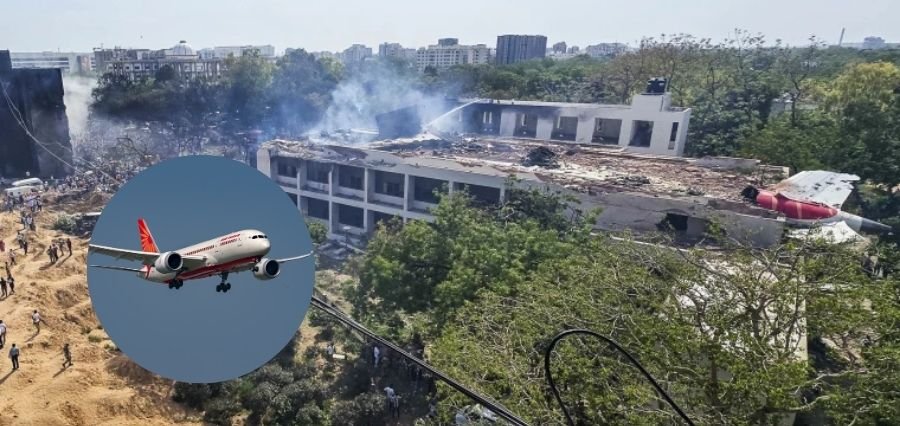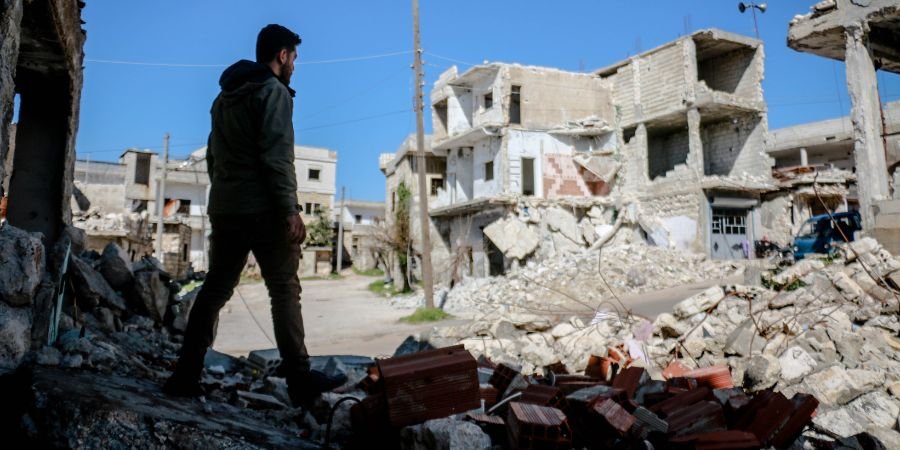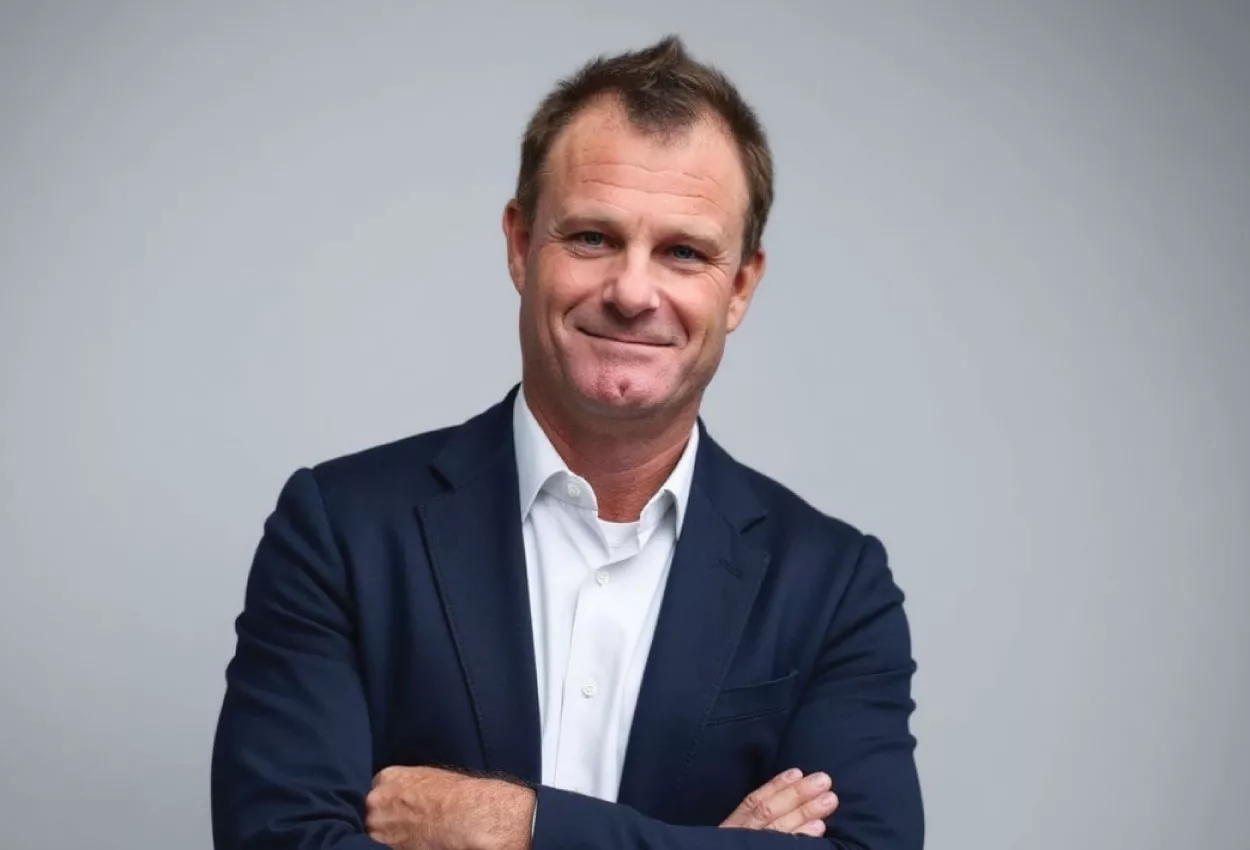When trying to depart from Ahmedabad to London Gatwick, Air India Flight 171, a Boeing 787-8 Dreamliner jet aircraft, crashed and killed 241 people on board. The plane had 230 passengers and 12 crew members when it crashed into a B. J. Medical College hostel in Ahmedabad, killing at least 28 individuals.
Reports are emerging of a huge fireball and deafening explosion within seconds when the aircraft lost contact with air traffic control on radio. The British survivor, seated close to the emergency exit, was rescued in a miraculous manner and taken into hospital in a critical condition. Rescue and recovery efforts were undertaken by the firefighters, CISF, NDRF, armed forces, and civil aviation authorities.
This is the initial fatal crash and total loss of hull of the Boeing 787 Dreamliner, which was introduced as a flagship long-range plane in 2011.
Boeing Stock Dips as Crash Sparks Market Reaction
Boeing stocks plummeted on the news of the crash, going down by nearly 6% during pre-market hours. The shareholders and analysts were swift to pounce on the news, concerned over the implications of the crash on Boeing’s safety record as well as prospective new aircraft orders. The spillover also impacted Boeing’s large suppliers such as GE Aerospace and Spirit AeroSystems, going down by 4% and 3% respectively.
It is not a good time for Boeing, already dealing with current issues of past safety concerns such as prior grounding of the 737 Max and door-plug failure in earlier 2024. The accident also creates more questions regarding manufacturing procedures, quality control measures, and maintenance processes in Boeing aircraft.
CEO Kelly Ortberg, who was to be in Paris for the Paris Air Show, postponed his travel to be on site and personally oversee the crisis management. Boeing and Air India pledged their fullest assistance to the investigation.
Air India’s Reputation Faces New Test
For Tata Group-owned Air India since 2022, the crash is a setback to its brand renaissance plans. The airline had been going all out to modernize its fleet and expand its overseas footprint. But the crash did not only snuff out a horrific number of lives but also brought down Ahmedabad Airport for several hours and spread fear among air travellers across the globe.
The Indian government also directed a detailed probe by the Aircraft Accident Investigation Bureau (AAIB) along with US and British aviation safety organizations. The black boxes of one aircraft have already been recovered, and attempts are being made for the recovery of the second recorder to assist in forensic analysis.
Authorities are considering preliminary causes, including unexpected loss of power in the engine and alleged technical breakdown. Through the course of the next several months, investigators will analyze maintenance history, flight history, and manufacturing history.
Safety Record of Boeing 787 Dreamliner into Question
The Boeing 787 Dreamliner had been previously praised across the world as safe and efficient prior to this accident. Having delivered over 1,200 planes to customers around the world and having on a robust order book, it was at the core of Boeing’s commercial aviation strategy. The aircraft has not been without controversy, however. In 2013, it was temporarily grounded due to overheating battery issues. More recently, flawed production on the part of Boeing between 2020-2022 resulted in suspension of delivery.
The cataclysmic incident puts Boeing safety protocols in the global limelight. Aviation experts predict tough inspections, potential temporary suspension of some 787s, and heightened quality control across the aerospace sector.
Global Condolences and Aviation Industry Watch
Condolences flowed in from Indian Prime Minister Narendra Modi and U.K. Prime Minister Keir Starmer, and both nations offered their condolences to the bereaved families. The accident is to initiate a worldwide rethink of air safety measures. The crash is to reopen regulatory debates on certification procedures for new planes.
For Boeing, the challenge is enormous not just to restore public confidence but to make sure that something like this does not happen again in the future. Operational and reputation damage control and coordination with investigators and the grieving relatives is the agenda for Air India.









